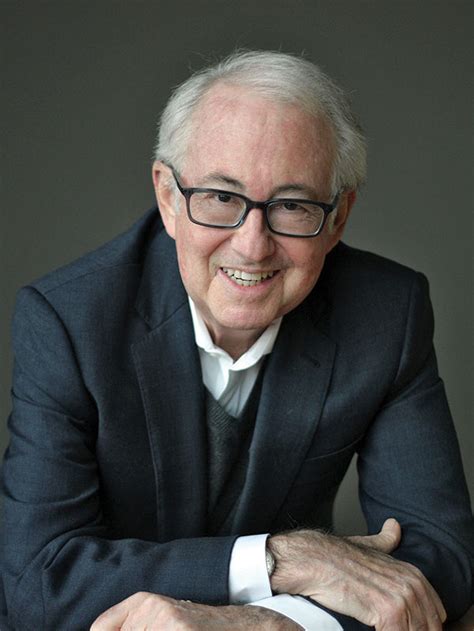A Quote by Zia Haider Rahman
By delivering experience, novels can alter the stance we adopt toward news - not much, I'm sure, but they can make it a little more difficult for us to consign "other people" to our tidy boxes. Widening our imaginative life might - it's not hard to imagine - also develop our ability to contemplate counterfactuals and our capacity to speculate about how things might differ from how they're being represented.
Related Quotes
To be good Christians you have to contemplate the suffering humanity of Jesus. "How can we bear witness? Contemplate Jesus. How can we forgive? Contemplate Jesus suffering. How can we not hate our neighbor? Contemplate Jesus suffering. How can we avoid gossiping about our neighbor? Contemplate Jesus suffering. There is no other way". These virtues are the those of the Father, who forgives us always, and Our Lady, Our Mother, shares in these virtues too.
All of us, I suspect, imagine that a world exists from which we alone have been excluded; all of us have our noses pressed against the glass. But if we contemplate our own lives, not the phantom life on the other side, we might find things in them to envy-a family that’s intact; a job we like; excellent health (the thing we take for granted and on which all happiness depends). Good fortune is there, however sporadic, however modest, however difficult to achieve. The trick is to recognize it.
I am always struck by how difficult it is for people to see how much cruelty they are bringing not only upon animals but upon themselves and their loved ones and other people, how much we are screwing up the planet, how much we are hurting our own health, how hard it is to change all that, how eager people are to make a buck at everybody else's expense - all those things are discouraging.
Tests and trials are given to all of us. These mortal challenges allow us and our Heavenly Father to see whether we will exercise our agency to follow His Son. He already knows, and we have the opportunity to learn, that no matter how difficult our circumstances, all these things shall be for our experience, and our good.
We also need to be willing to make room in our lives for the impending birth of our dreams. This might mean emptying our life of clutter such as wasted time, energy, resources, or draining relationships. These things can jeopardize our dreams by distracting us at a time when we should be more focused than ever.
?Reading good literature is an experience of pleasure...but it is also an experience of learning what and how we are, in our human integrity and our human imperfection, with our actions, our dreams, and our ghosts, alone and in relationships that link us to others, in our public image and in the secret recesses of our consciousness.
I understand that it's a huge luxury for people to dwell on the problems in Washington. Things have to be pretty tidy in your own life that you have the time to worry about what's going on in Washington. Most of us spend our time worrying about the things that are directly around us: our love lives, our careers, and our banking accounts.
Most of our difficulties, our hopes, and our worries are empty fantasies. Nothing has ever existed except this moment. That's all there is. That's all we are. Yet most human beings spend 50 to 90 percent or more of their time in their imagination, living in fantasy. We think about what has happened to us, what might have happened, how we feel about it, how we should be different, how others should be different, how it's all a shame, and on and on; it's all fantasy, all imagination. Memory is imagination. Every memory that we stick to devastates our life.
It is in the ordinary events of every day that we develop the proactive capacity to handle the extraordinary pressures of life. It's how we make and keep commitments, how we handle a traffic jam, how we respond to an irate customer or a disobedient child. It's how we view our problems and where we focus our energies. It's the language we use.






































